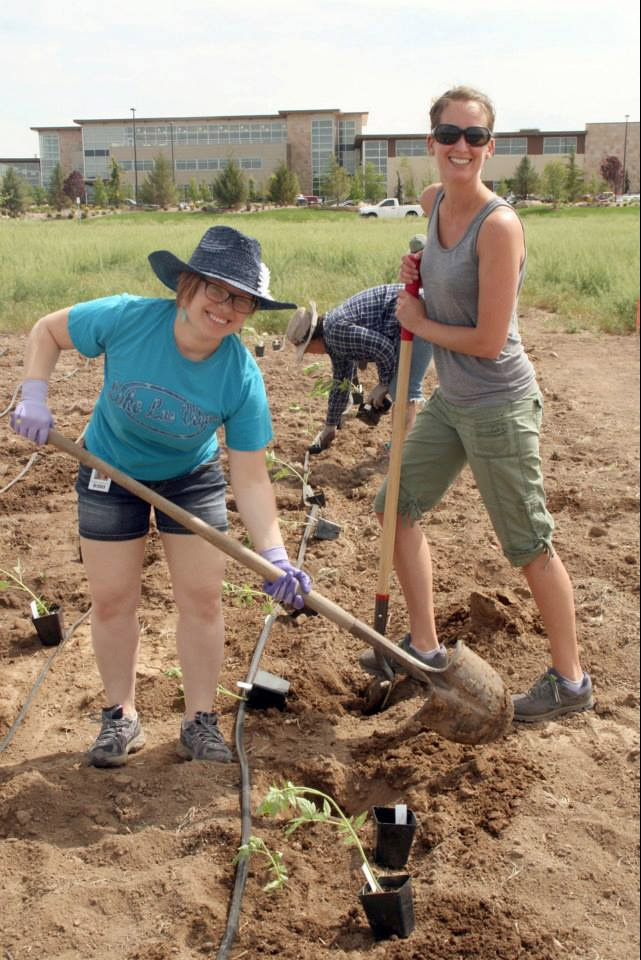Most of us have grown up thinking of entrepreneurship as strictly the domain of businesspeople: someone has an idea, invests their hard-earned dollars (or someone else’s), works to make it a reality, and — with a lot of sweat and a little luck — creates a business that generates profits.
But that’s actually a quite limited definition. These days many types of organizations, including nonprofits and municipalities, are adopting the principles and tools of entrepreneurship to transform their communities.
Sometimes such entrepreneurial efforts are deliberate and calculated. Other times, they’re simply a practical necessity driven by limited resources and a desire to trigger lasting change. Whatever the reasons, applying entrepreneurial methodologies to nonprofit and municipal initiatives can yield tremendous results with a fraction of the resources of traditional approaches.
This make perfect sense. At its heart, entrepreneurship is simply the act of using our limited resources to take mitigated risks that we hope will gain us a substantial return.
Consider the basic elements of this definition of entrepreneurship:
L imited resources: The raw materials needed to create something new. These can include anything, but can usually center around time, money and talent.
imited resources: The raw materials needed to create something new. These can include anything, but can usually center around time, money and talent.
Mitigated risk: Despite the common understanding, smart entrepreneurs don’t expose themselves to unnecessary dangers. Instead, they “mitigate” — or reduce — their risk through experience, small bets and other techniques.
Possibility for substantial return: An outcome with a value that exceeds the resources and risk applied. “Substantial” is, of course, very subjective. Ultimately, it is the people investing the resources and risk who will decide the threshold.
Cities and nonprofits nail two of these three elements: limited resources (!) and — when things go right — the possibility of a substantial return. However, what they’re often missing are the skills and culture to take the right kinds of risk.
The good news: taking mitigated risks is a skill that can be learned and applied by anyone.
I’ve seen it first hand.
In my work with the Blue Cross of Idaho Foundation for Health, I’ve watched as their small team worked closely with cities and nonprofits to clarify goals, apply the necessary strategies, tactics, and even seed funding to make transformative change.
While every situation is unique, there are clearly some shared characteristics across the Blue Cross of Idaho Foundation for Health’s engagements:
 Attentive, not Prescriptive: Like business-oriented entrepreneurs, the Foundation looks for the “why” and listens deeply to the challenges of the communities before jumping to conclusions about the “right” approach.
Attentive, not Prescriptive: Like business-oriented entrepreneurs, the Foundation looks for the “why” and listens deeply to the challenges of the communities before jumping to conclusions about the “right” approach.
Collaboration: The Foundation works closely with a variety of partners, from schools to local businesses, to uncover opportunities and wrangle resources.
Small bets & quick wins: Momentum matters. The Foundation works quickly, often outside traditional channels, to uncover and act on high-impact projects that can be leveraged to attract additional funding and support.
The details are more complicated, of course. But overall, this is an effective approach that other foundations, nonprofits and governments can and should mimic.
The bottom line? The times are, as always, changing. That change is accelerating. Entrepreneurship provides a framework that can be adopted and adapted by other sectors, including nonprofits and cities.
Nonprofits and cities may define “profit” differently than business. And their recipe for success may include a handful of unique steps. But the core ingredients are the same.
Many social impact businesses, as well as a handful of nonprofits and governmental organizations, have embraced this new reality. It’s high time the rest of us who are working to make our communities better join them.
 Contributed by Jeff Reynolds. Jeff is an entrepreneur and communications consultant. Currently he runs a communications consultancy (who works with the Blue Cross of Idaho Foundation for Health) and sports camp registration company, among other things.
Contributed by Jeff Reynolds. Jeff is an entrepreneur and communications consultant. Currently he runs a communications consultancy (who works with the Blue Cross of Idaho Foundation for Health) and sports camp registration company, among other things.